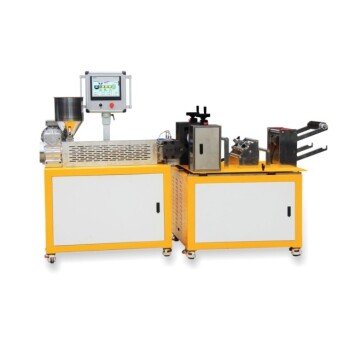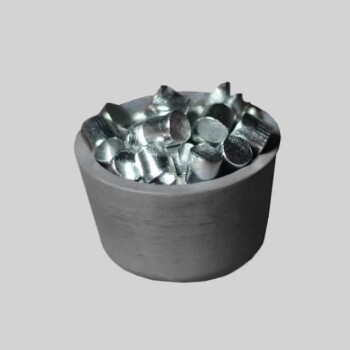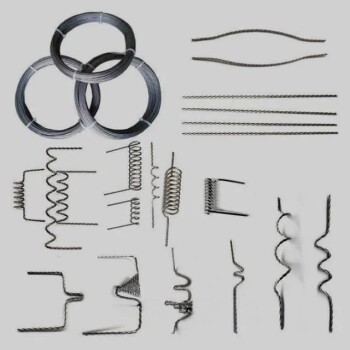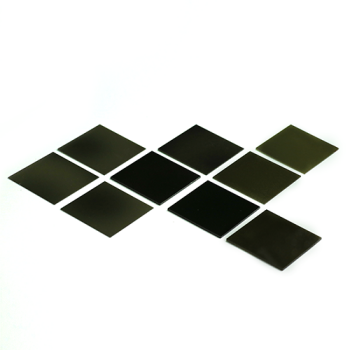While a powerful tool for purifying heat-sensitive materials, the wiped film molecular still is not a universal solution. Its primary disadvantages are its high capital and operational costs, its mechanical complexity, and its fundamental limitation in separation power, which makes it unsuitable for separating compounds with similar boiling points.
The core trade-off of wiped film distillation is accepting higher cost and complexity in exchange for the gentle processing of thermally sensitive molecules. Its design prioritizes minimizing heat exposure over achieving high-resolution separation.
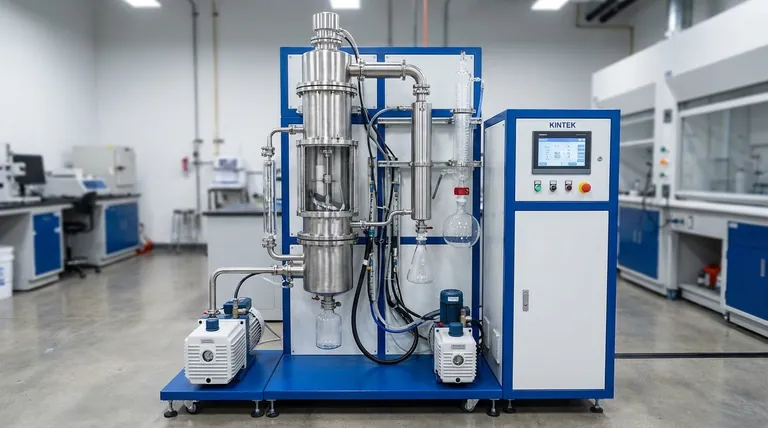
The Challenge of Separation Efficiency
The most significant performance limitation of this technology stems from its design, which is optimized for speed and low temperature, not for resolving power.
A Single Theoretical Plate
A wiped film still is considered to have one theoretical plate of separation. This means it is highly effective at performing a single, rough separation.
It excels at separating very volatile compounds from non-volatile compounds, such as isolating active cannabinoids from heavy waxes and lipids.
Poor Fractionation
This single-plate design makes it incapable of fractionation, which is the separation of multiple components with close boiling points.
If you need to separate two similar molecules (e.g., isomers or adjacent members of a homologous series), a wiped film still will not be effective. A fractional distillation column with multiple theoretical plates would be the correct tool for that task.
High Cost and Operational Complexity
Implementing and running a wiped film system requires a significant investment in both equipment and expertise.
The Demands of High Vacuum
Achieving molecular distillation requires a deep vacuum (typically 0.001 mbar). This necessitates expensive vacuum pumps and precise system sealing.
These systems consume considerable energy and are prone to leaks, which can halt production and require skilled technicians to diagnose and repair.
Significant Capital Investment
The precision-engineered internal condenser and the rotating wiper assembly make the apparatus itself expensive. This cost is substantially higher than simpler distillation setups like a basic pot still.
Specialized Expertise Required
Operating and maintaining high-vacuum equipment is more complex than standard atmospheric distillation. It requires personnel who understand vacuum technology, leak detection, and the nuances of the system's operation.
Understanding the Mechanical and Physical Limitations
The moving parts and specific feed requirements introduce several potential points of failure and operational constraints.
Wiper System Wear and Tear
The wipers that spread the thin film are mechanical components subject to wear. Over time, they can degrade, especially when processing abrasive or highly viscous materials.
This degradation requires periodic replacement, introducing maintenance costs and production downtime.
Potential for Contamination
If the wiper material breaks down, fragments can contaminate both the distillate and the residue. Furthermore, failure of the rotor's vacuum seals could potentially introduce bearing lubricant into the system.
Feed Material Constraints
The system relies on the feed material being a liquid that can flow evenly. Highly viscous materials can be difficult to pump and distribute, leading to inefficient evaporation.
Solid feeds or materials that can polymerize upon heating are unsuitable, as they can damage the wipers and foul the evaporator surface.
Is a Wiped Film Still Right for Your Process?
To make the right choice, evaluate your primary separation goal against the technology's inherent limitations.
- If your primary focus is purifying a high-value, heat-sensitive compound from non-volatile impurities: The benefits of low thermal stress likely outweigh the disadvantages, making it an ideal choice.
- If your primary focus is separating components with close boiling points: A wiped film still is fundamentally unsuitable; you need a fractional distillation column instead.
- If your primary focus is minimizing costs for a simple, robust separation of thermally stable materials: Explore less complex methods like falling film evaporators or simple pot distillation.
Understanding these disadvantages is the key to leveraging wiped film distillation's unique strengths without misapplying it to the wrong problem.
Summary Table:
| Disadvantage Category | Key Limitations |
|---|---|
| Separation Efficiency | Single theoretical plate; poor fractionation; unsuitable for compounds with similar boiling points. |
| Cost & Operations | High capital investment; deep vacuum requirements; energy-intensive; specialized expertise needed. |
| Mechanical & Physical | Wiper system wear; potential contamination; constraints on feed material viscosity and stability. |
Struggling with Purification Challenges?
Understanding the limitations of your equipment is the first step toward optimizing your lab's processes. KINTEK, a leading provider of laboratory equipment and consumables, is here to help you navigate these complexities.
We offer:
- Expert Guidance: Our team can help you determine if a wiped film molecular still is the right tool for your specific separation needs or if an alternative method like fractional distillation would be more effective.
- Reliable Equipment: Access high-quality, durable lab equipment designed for precision and efficiency.
- Ongoing Support: From selection to maintenance, we ensure your operations run smoothly.
Don't let equipment limitations hold back your research or production. Contact KINTEK today to discuss your laboratory needs and find the perfect solution for purifying your heat-sensitive materials.
Visual Guide
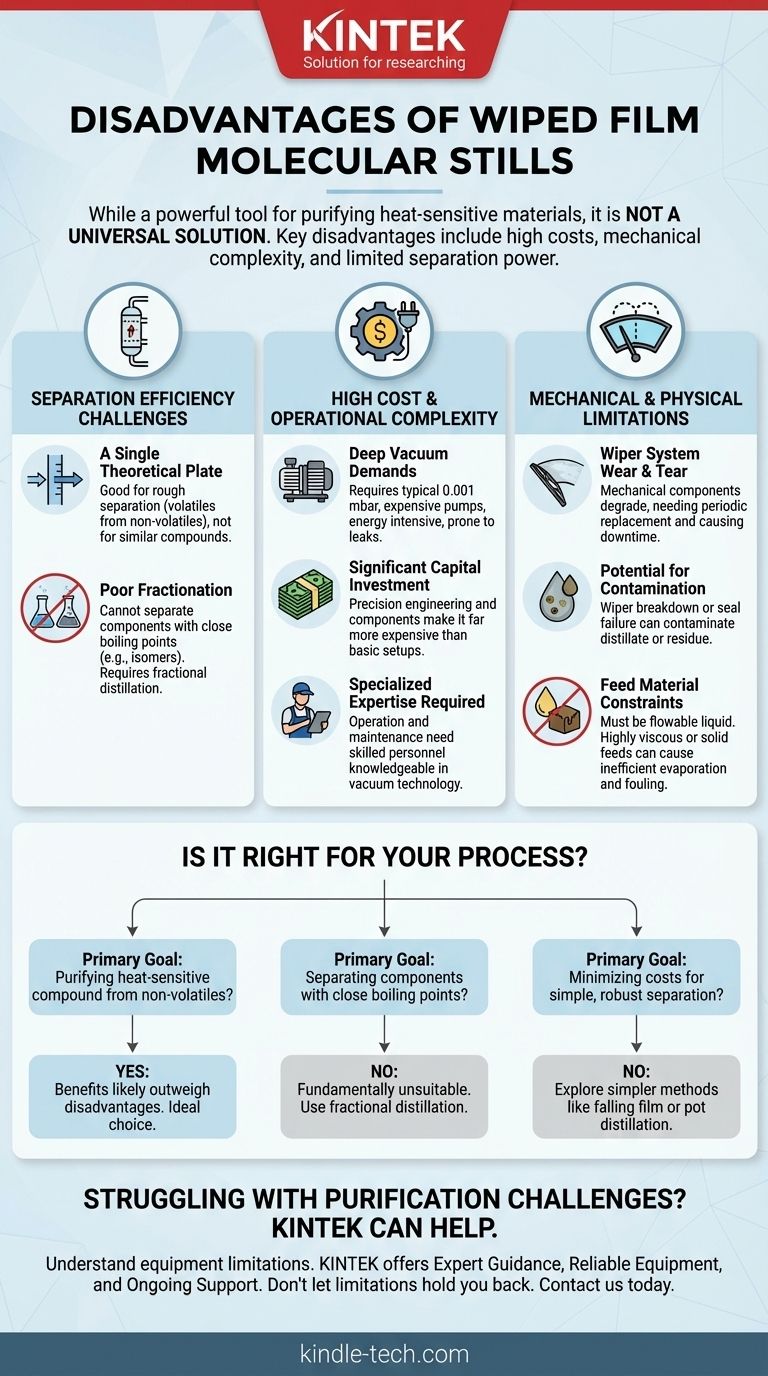
Related Products
- RF PECVD System Radio Frequency Plasma-Enhanced Chemical Vapor Deposition RF PECVD
- Lab Plastic PVC Calender Stretch Film Casting Machine for Film Testing
- Vacuum Hot Press Furnace Machine for Lamination and Heating
- Evaporation Crucible for Organic Matter
- Laboratory High Pressure Horizontal Autoclave Steam Sterilizer for Lab Use
People Also Ask
- How does PECVD work? Enable Low-Temperature, High-Quality Thin Film Deposition
- What are the advantages of plasma enhanced CVD? Enable Low-Temperature, High-Quality Thin Film Deposition
- What is plasma activated chemical vapor deposition? Enable Low-Temperature Thin Film Deposition
- What is the plasma CVD process? Achieve Low-Temperature Thin Film Deposition
- How does RF power create plasma? Achieve Stable, High-Density Plasma for Your Applications

